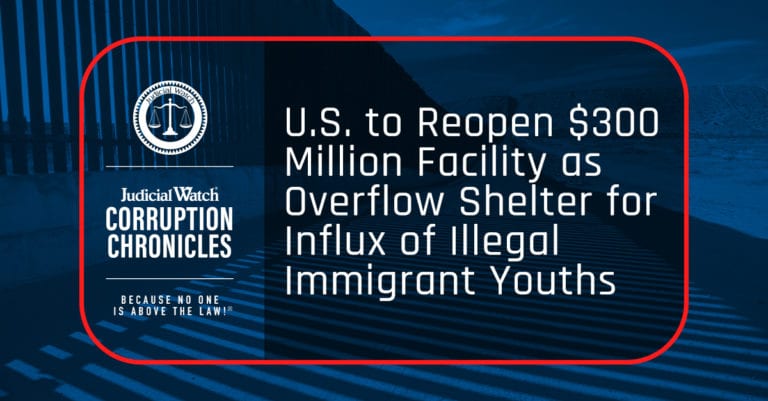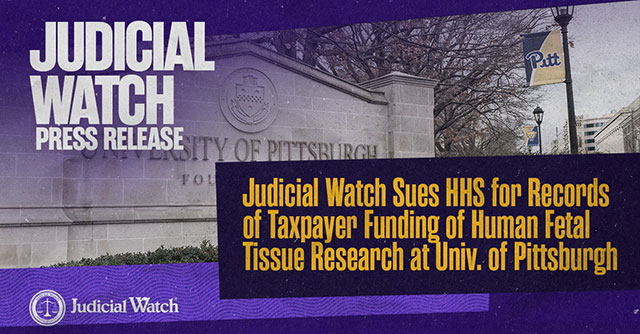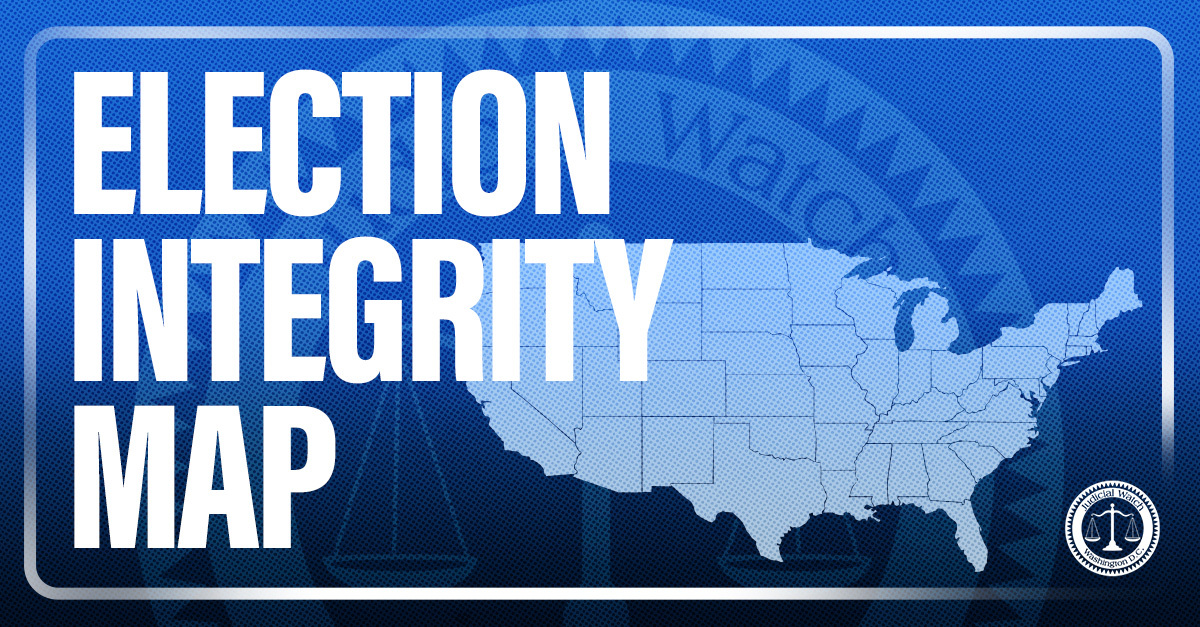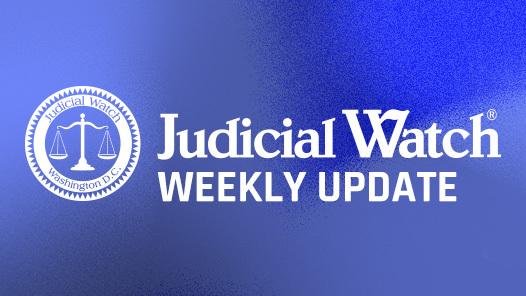
U.S. to Reopen $300 Million Facility as Overflow Shelter for Influx of Illegal Immigrant Youths

An increase in illegal immigrant minors crossing into the United States from Mexico is evidently forcing the government to reopen a costly and short-lived residential shelter as an overflow facility. With a capacity of about 1,300, the camp is situated in the remote southwest Texas town of Carrizo Springs just 45 miles from the Mexican border. It operated for only one month in 2019 before the population fell to just 100 and the Trump administration shut it down after enduring heavy criticism from the left for opening it in the first place. At its peak, the shelter only held about 200, which means it was a huge waste of taxpayer dollars as is the case with many government projects.
The feds dedicated $300 million to open the residential shelter in the summer of 2019, according to an announcement posted in the Federal Register. The money flowed via the Office of Refugee Resettlement (ORR), a well-funded branch of the Department of Health and Human Services (HHS) charged with providing care to illegal aliens under the age of 18, classified as Unaccompanied Alien Children (UAC). “ORR has been identifying additional capacity to provide shelter for potential increases in apprehensions of Unaccompanied Alien Children at the U.S. Southern Border,” according to the July 1, 2019 Federal Register note. “Planning for increased shelter capacity is a prudent step to ensure that ORR is able to meet its responsibility, by law, to provide shelter for Unaccompanied Alien Children referred to its care by the Department of Homeland Security (DHS).”
A San Antonio-based nonprofit called BCFS Health and Human Services, was contracted by the government to operate the Carrizo Springs facility, classified as an “emergency shelter” with classrooms, soccer fields and a gazebo. Less than a month later, HHS revealed that the last group of UAC were to be discharged and the Texas camp would be closed. “HHS will retain access to the Carrizo Springs site for temporary influx as HHS considers options regarding its future use,” the agency wrote in a July 30 2019 announcement. “HHS is mindful of the vulnerability of these children and is committed to providing for the safety and wellbeing of children in our care.”
The reality is that most of the UAC in American custody are not children but rather young adults or adolescents. In fact, 72% are 15 to 17 years old, according to government figures. Most of the youths are from Guatemala and Honduras and 68% are male, which has tremendously boosted gang recruitment in this country. Back in 2014 Judicial Watch reported that the nation’s most violent street gangs—including Mara Salvatrucha (MS-13)—actively recruit new members at U.S. shelters housing illegal immigrant minors. The Texas Department of Public Safety subsequently revealed the MS-13 is a top tier gang thanks to the influx of illegal alien gang members that crossed into the state under Obama’s disastrous program, which saw over 60,000 illegal immigrants—many with criminal histories—storm into the U.S. in a matter of months.
HHS funds and oversees around 170 state-licensed care facilities to house the minors when they arrive from foreign countries south of the border. There are approximately 4,020 illegal alien minors in HHS care, according to agency figures. American taxpayers provide them with an array of services including classroom education, mental and medical health care, legal counsel, and a variety of recreational activities. Uncle Sam also spends millions to provide many of the illegal aliens with services after they are released from U.S. custody, especially those considered to be “at risk” or display “special needs.” In late 2019 Judicial Watch reported that the government dedicated $125 million to provide UAC released from custody with a multitude of services in the private sector including medical care, special housing arrangements for delinquent, pregnant and gang-affiliated teens as well as long-term counseling. The individualized services include residential accommodations with a heightened level of supervision for children with delinquent behaviors, including gang involvement, serious behavioral problems, and/or who present a low to moderate flight risk. The U.S. also pays for long term foster care catered to pregnant/parenting teens and migrant youths with other needs.
It is worth mentioning that in 2018 Judicial obtained HHS documents that reveal UAC processed during the Obama administration included violent criminals. Obtained under the Freedom of Information Act (FOIA), the files include 1,000 “Significant Incident Reports” showing that UAC were admitted murderers, rapists, prostitutes, drug smugglers, and human traffickers.

















